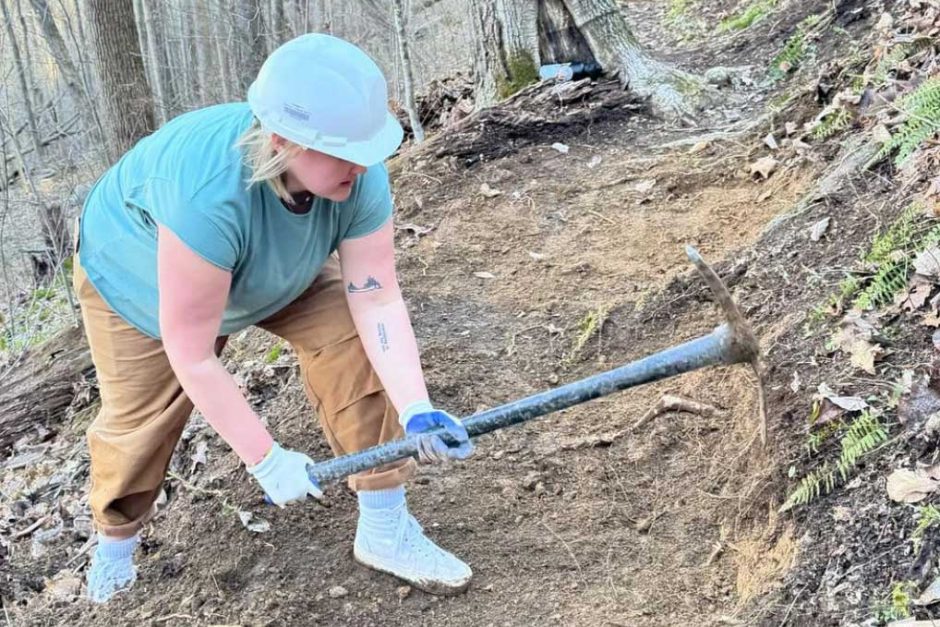Grant provides new science equipment
The Roy J. Carver Charitable Trust has given Cornell College a $200,000 grant toward the purchase of a Nuclear Magnetic Resonance (NMR) spectrometer, an advanced piece of scientific equipment that will allow students perform more in-depth, hands-on research.
The NMR spectrometer, which will replace one purchased in 1994, will allow at least 95 students during the first year alone the chance to work with the latest and most powerful scientific equipment, and offer even better training for chemistry and molecular biology majors, exposing them to research techniques they’ll use in graduate school or in careers. The new spectrometer is automated, allowing faster results and giving more courses to incorporate NMR spectrometry into the curriculum. This spectrometer will be integrated into coursework starting with the sophomore level organic chemistry course, as well as being used to increase the range of expert-level applications for junior- and senior-level students in advanced courses.
In addition to coursework, several students each year will use the machine as part of student-faculty research in a variety of scientific disciplines. The chemistry department has a strong tradition of student-faculty research, including a 50-year summer research program. Students in the program work closely with a faculty mentor on a project that is part of the faculty member’s ongoing research. In addition to extensive work in the lab, these projects include searching and reading the primary literature, designing experiments, and writing a substantial research report. They are expected to present their results at Cornell’s annual Student Symposium, and some present at regional or national professional meetings as well. During the past 10 years, more than 60 percent of Cornell chemistry majors have completed at least one summer of research.
“We’re extremely pleased that the Roy J. Carver Charitable Trust has given Cornell College this grant,” said Dean Joe Dieker. “The new NMR Spectrometer will greatly enhance the experience of science students at the college, just as the Trust’s previous grants have done.”
In 2008 the Trust provided a grant to the chemistry and biology departments for the purchase of a gas chromatograph/mass spectrometer, an optical emission spectrometer, and more.That equipment has allowed the biology and chemistry departments to further integrate the two disciplines and to provide more open-ended, hands-on laboratory opportunities for students, Dieker said.
The NMR spectrometer will be installed in spring 2015.



